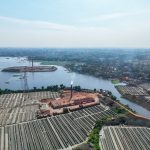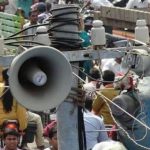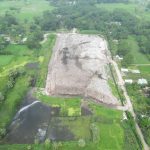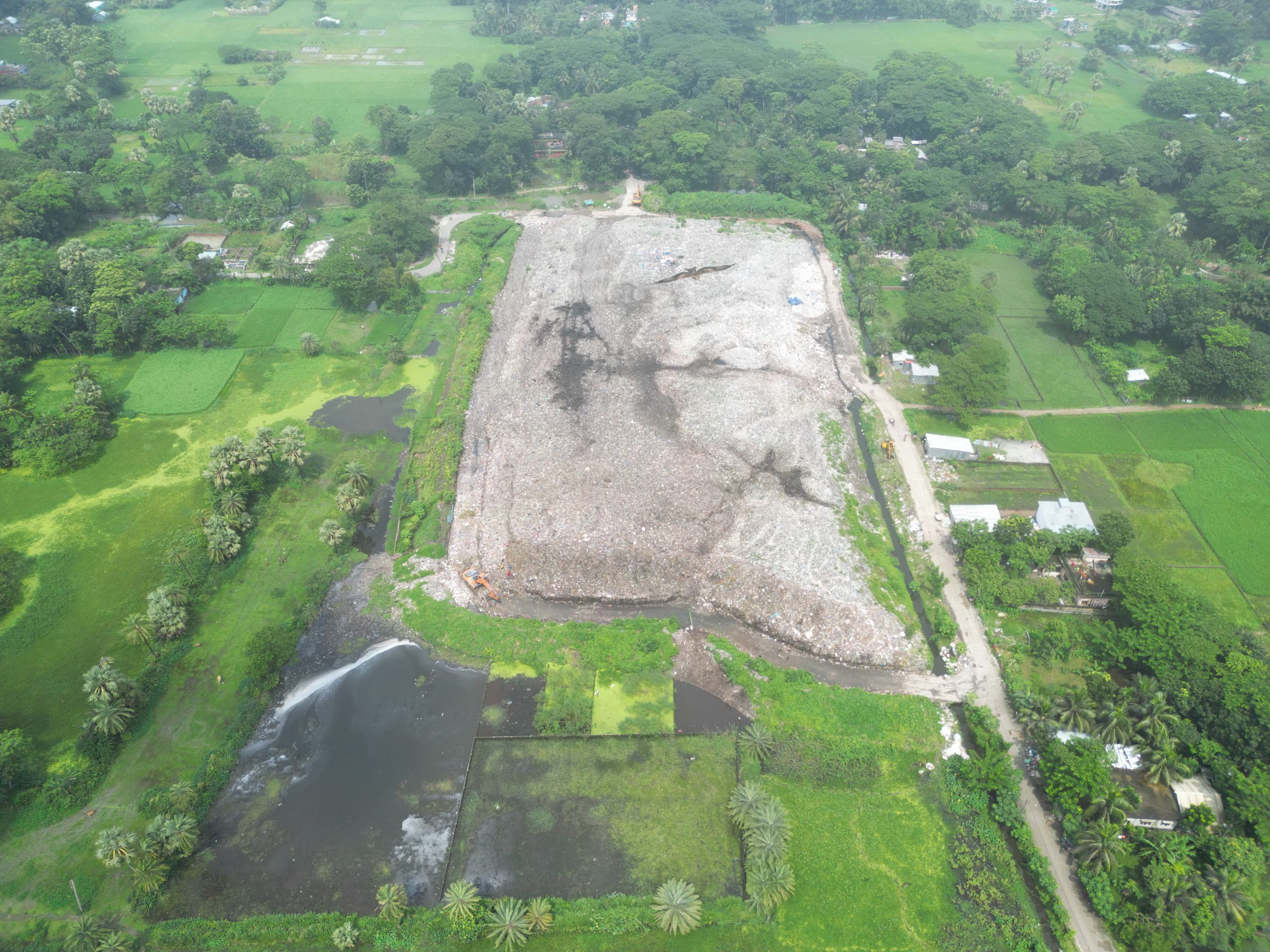by Nahid Hasan

Dhaka, April 02 – In the heart of Dhaka, where traffic congestion is a daily ordeal, another invisible crisis looms—sound pollution. The relentless honking, construction noise, and loudspeakers create an unbearable environment, affecting millions. From schoolchildren struggling to concentrate to elderly citizens suffering from health issues, the impact of noise pollution is far-reaching.
A City That Never Sleeps
For 32-year-old banker Sayeed Alam, the daily commute is a nightmare. “I spend almost two hours in traffic, and the constant honking is unbearable. By the time I reach home, I have a headache,” he says. Alam is not alone—thousands of commuters experience the same daily distress.
In Dhaka, sound levels often exceed 100 decibels in busy areas, far beyond the World Health Organization’s (WHO) safe limit of 55 decibels for residential zones. Studies show that prolonged exposure can lead to hearing loss, high blood pressure, stress, and even heart disease.
The Silent Suffering
Beyond the obvious discomfort, noise pollution has severe mental health consequences. Psychiatrist Dr. Farhana Rahman sees patients who struggle with anxiety and sleep disorders due to persistent noise exposure. “Many people don’t realize how much noise affects their mental well-being. It increases stress and disturbs sleep patterns, leading to long-term health complications,” she explains.
Schoolteacher Jannatul Ferdous shares a similar concern. “My students can barely focus when construction work is going on nearby. Their learning is suffering,” she laments. In a country where education is a priority, sound pollution poses an unexpected barrier to academic success.
Who is Responsible?
Despite laws regulating noise pollution in Bangladesh, enforcement remains weak. The Environment Conservation Rules of 1997 set noise level limits, but violations are rampant. “We receive complaints, but implementation is challenging due to a lack of awareness and monitoring,” admits an official from the Department of Environment.
Meanwhile, urban development and population growth contribute to the worsening situation. Construction work often continues late into the night, while unauthorized loudspeakers blast music and advertisements in residential areas.
The Path Forward
Experts suggest immediate actions to curb sound pollution, including stricter enforcement of laws, designated silent zones near schools and hospitals, and public awareness campaigns. Some cities worldwide have introduced ‘no-honking’ zones and sound-absorbing urban designs—solutions that Bangladesh could consider.
For now, residents like Sayeed, Jannatul, and countless others must endure the daily noise barrage, hoping that one day, their voices will be heard above the city’s deafening roar.














